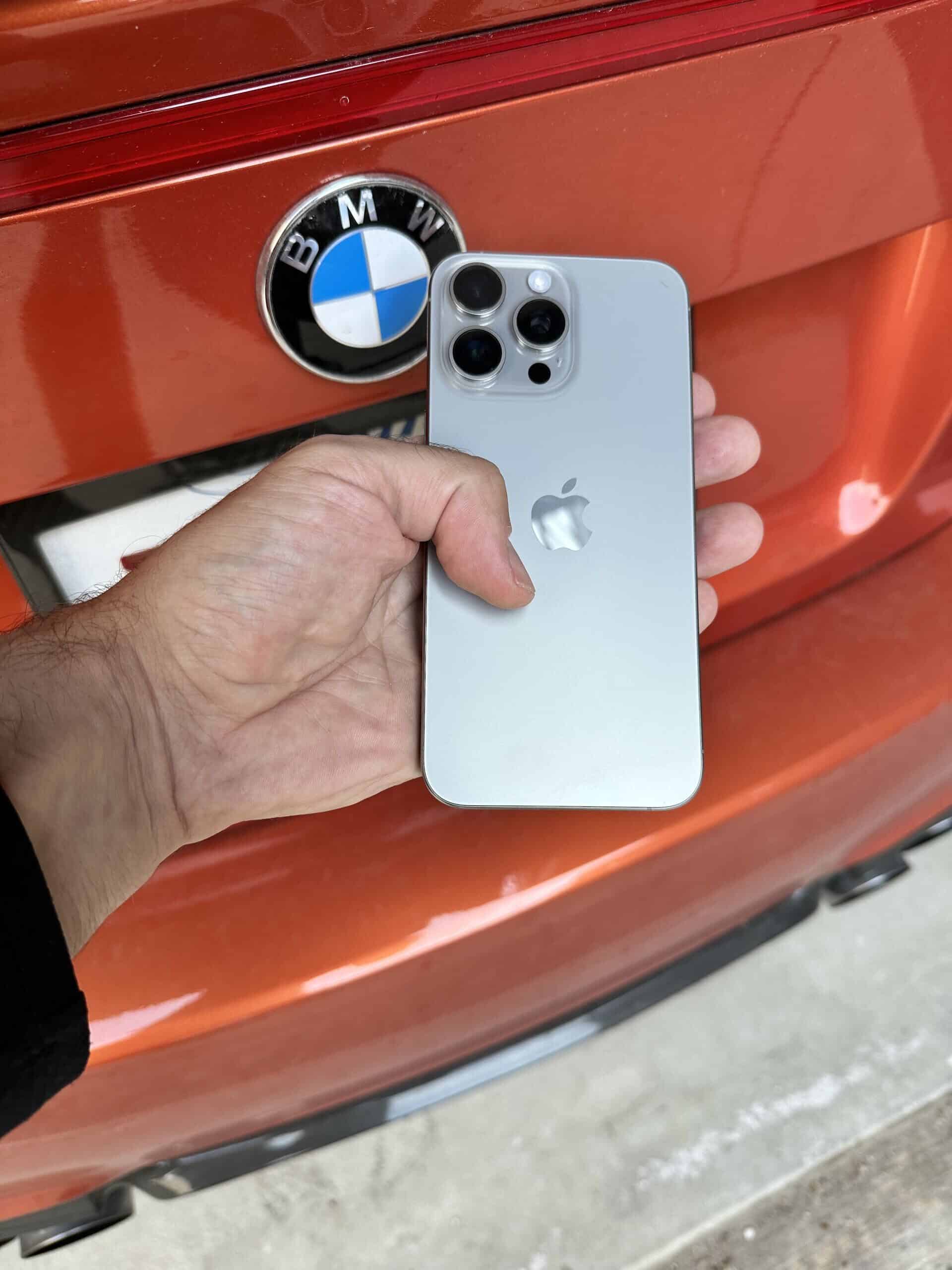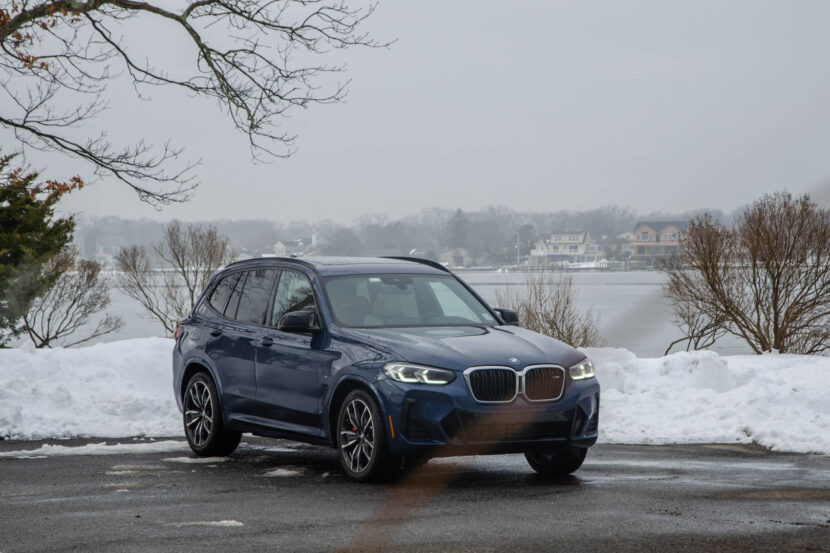According to MacRumors, Apple has recently informed its Authorized Service Providers about a potential issue that iPhone 15, iPhone 15 Plus, iPhone 15 Pro, and iPhone 15 Pro Max users may encounter when charging their devices with specific wireless chargers built into select BMW and Toyota Supra models. The problem temporarily disables the NFC (Near Field Communication) capabilities of the device, impacting features like Apple Pay and digital car keys. While the cause of this issue remains unclear, Apple has promised a software update to address it later this year.
The NFC Chip and Its Importance

The NFC chip is a vital component in an iPhone, enabling various features that enhance user convenience and security. Apple Pay, for instance, relies on NFC technology to facilitate contactless payments, while digital car keys allow users to unlock and start their vehicles with their iPhones. With such capabilities, the NFC chip is integral to the modern iPhone experience.
The Issue at Hand
According to the memo shared with Apple Authorized Service Providers, users affected by this issue may receive an error message stating “Could Not Set Up Apple Pay” in the Wallet app, even if they’ve previously configured Apple Pay on their devices. Complaints have emerged from some users who have experienced this problem, which is typically followed by their iPhones going into data recovery mode with a white screen. After rebooting, the NFC chip remains nonfunctional.
The scale of this issue remains uncertain, as complaints have surfaced across platforms like MacRumors Forums and social media platforms. Although the reports are mostly from iPhone 15 Pro and iPhone 15 Pro Max users, it is essential for all iPhone 15 model owners to be cautious when using in-car wireless charging, as it is unclear whether the iPhone 15 and iPhone 15 Plus are also affected.
Apple has allegedly promised to address the problem with a software update later in the year. Given that the memo was released shortly after iOS 17.1 was introduced, it is probable that the solution will be delivered through a subsequent update, such as iOS 17.1.1 or iOS 17.2. For those who have already encountered this issue, Apple has outlined a solution for its service providers.
We reached out to BMW when the issue was first responded and we’re still waiting for an official response.
[Source: MacRumors]





































































